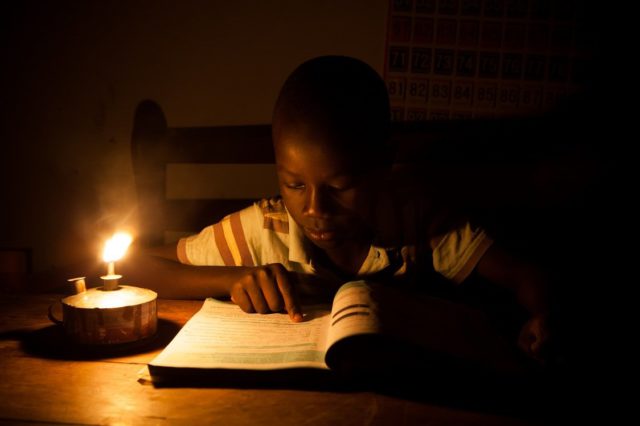The Federal Government has announced plans to learn from Egypt’s power generation and transmission success, describing the country as a role model in the sector. This comes months after it criticised the 2023 presidential candidate of the Labour Party (LP), Peter Obi, for studying the country’s achievements in education, power, planning, and finance.
Obi had embarked on a three-day trip to the North African country in 2022, pledging to apply the knowledge gained from his visit to Egypt if elected as Nigeria’s President in 2023. A move that was met with criticism from the ruling All Progressives Congress.
However, the FG said it will learn from Egypt’s power generation and transmission success, while reiterating its commitment to rural development through improved electricity access.
The Minister of Power, Adebayo Adelabu, made this disclosure during a recent meeting in Abuja with the Egyptian Ambassador to Nigeria, Mohammed Fouad.
A statement from Adelabu’s spokesperson, Bolaji Tunji, on Sunday revealed that the meeting focused on strengthening bilateral cooperation in energy expansion, with particular emphasis on renewable energy and rural electrification.
Who Is Rivers State’s Sole Administrator, Vice Admiral Onok Ete Ibas?
Adelabu praised Egypt’s energy sector achievements, calling the country a role model in energy infrastructure development. He expressed Nigeria’s interest in learning from Egypt’s experience in energy generation, transmission, and distribution, noting that Egypt’s success had led to collaborations with Siemens to stabilise Nigeria’s power sector.
“Egypt has made remarkable strides in energy transformation, and we are eager to collaborate and learn from your expertise. Our goal is to ensure reliable, stable, and affordable energy access for all Nigerians,” he stated.
Adelabu also highlighted Nigeria’s efforts to connect remote rural areas to electricity through renewable energy projects, addressing the economic challenges of extending the national grid to these regions.
“Many rural areas cannot be connected to the grid due to economic constraints, but we cannot neglect them. Through our renewable energy programme, we are bridging this gap. We have secured significant investments, including $750 million from the World Bank’s DARES project and an additional $190 million from the Japan International Cooperation Agency to support this initiative,” Adelabu explained.
Gospel Singer Mercy Chinwo Files Defamation Lawsuit Against Blogger VeryDarkMan
He further emphasised Nigeria’s abundant renewable energy resources, including solar, wind, and hydroelectric potential, and the government’s determination to harness these resources for sustainable energy access.
In response, Ambassador Fouad expressed Egypt’s enthusiasm for collaborating with Nigeria, particularly in closing the metering gap and sharing best practices in energy access.
He highlighted the shared goals and mutual benefits of strengthening bilateral ties between the two nations, stating, “Nigeria and Egypt have much in common, and there is immense potential for collaboration in the energy sector. We are committed to working together to achieve sustainable energy solutions for both countries.”




